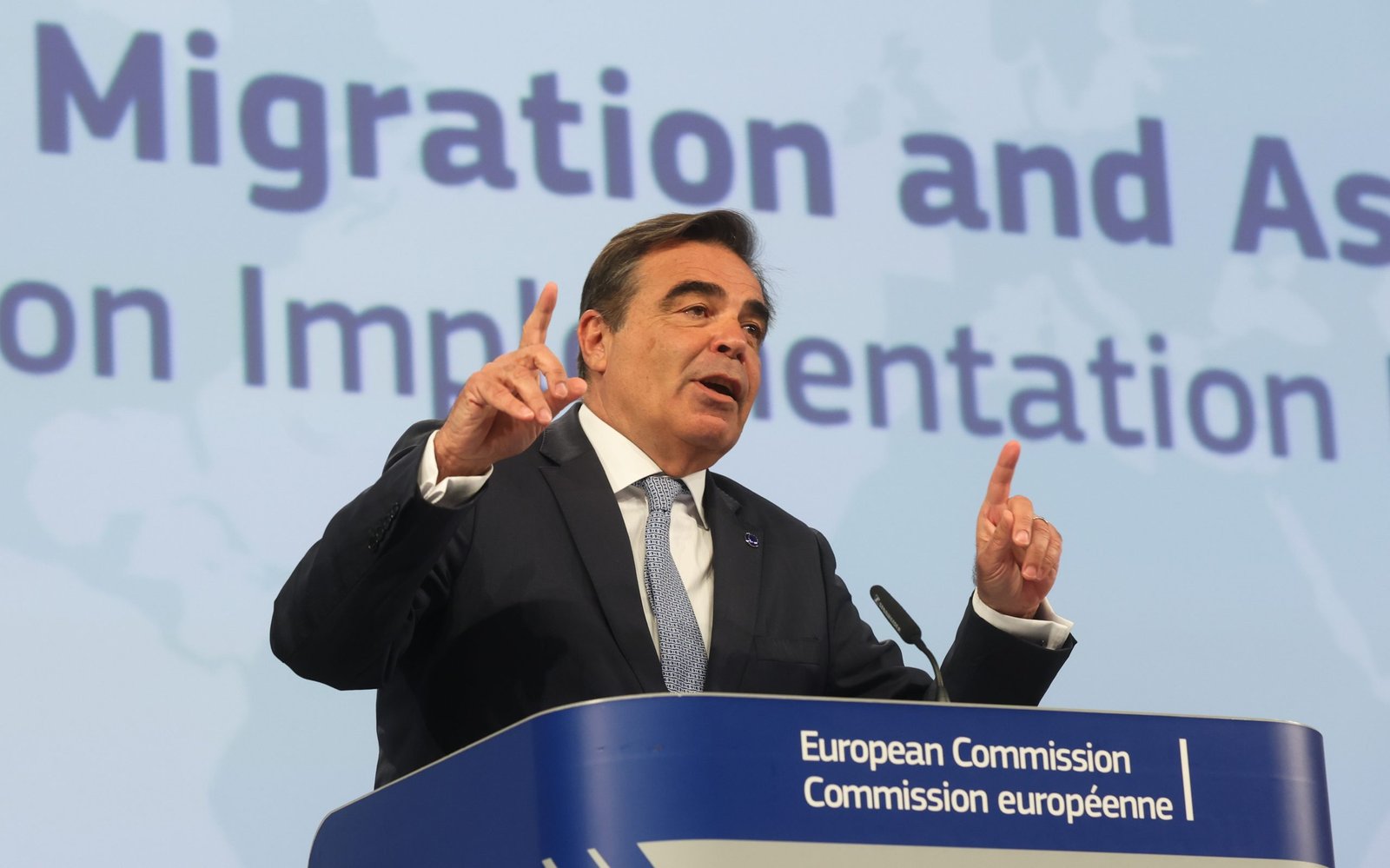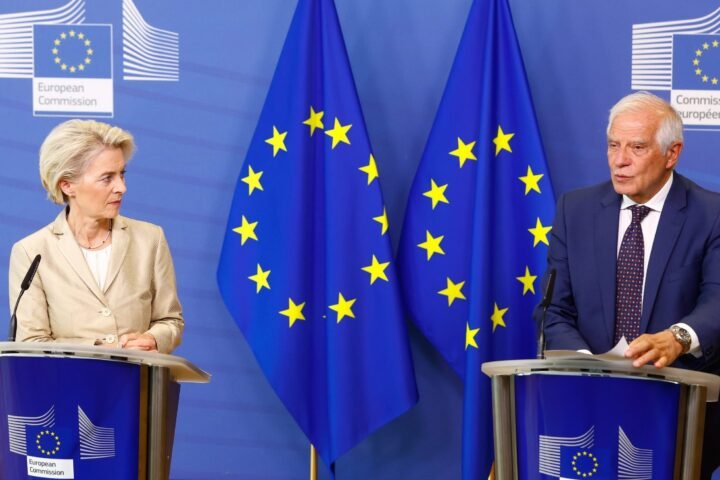EU Migration Pact Faces Implementation Challenges Amid Opposition
The European Union’s New Pact on Migration and Asylum, adopted in 2024, is undergoing a complex implementation phase with national plans due by December 2024. However, some member states, including Hungary and Poland, have yet to submit their strategies, creating potential delays, reports 24brussels.
The implementation of the pact is intended to be in full swing by the summer of 2026, amid escalating demands for stricter migration controls. Hungarian Prime Minister Viktor Orbán has voiced strong opposition to the pact, declaring, “The Pact means the end of Hungary.” Poland also remains resolute in its resistance.
Former European Commission Vice-President Margaritis Schinas, who played a key role in shaping the pact, noted that the changes in migration policy reflect a shift in public sentiment across Europe, where calls for more ordered migration management, border control, and solidarity among member states are increasingly prevalent.
Schinas emphasized the significant transformation in how migration is perceived within the EU, stating, “I fully agree that we have now a new… in French, a ‘prise de conscience’ [awakening] around migration.” He indicated a growing consensus among member states on the necessity for structured procedures and robust returns.
Regarding the concept of return hubs, Schinas acknowledged its political viability but cautioned against setting unattainable goals, stressing that the focus must remain on feasible policy measures. He reflected on the EU’s previous lack of coherent migration policy, stating, “There wasn’t any” until the pact’s framework was established.
Despite the opposition from Hungary and Poland, Schinas expressed confidence that their dissent would not derail the pact’s implementation. He sees a positive shift in migration discussions, exemplified by Italy’s recent alignment with more rigorous migration policies under Prime Minister Giorgia Meloni.
As the EU moves forward, the implementation of the pact will be closely monitored, particularly regarding the adherence of all member states to shared regulatory commitments. Schinas insisted that dismantling the regulatory framework would not serve Europe’s interests and would only benefit those opposed to EU unity.
This ongoing situation highlights the tensions within the EU regarding migration policy, where varying national interests could impact collective agreements and the overall efficacy of the New Pact on Migration and Asylum.










